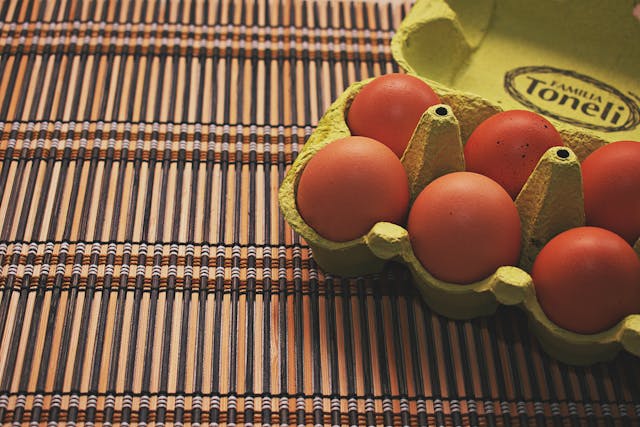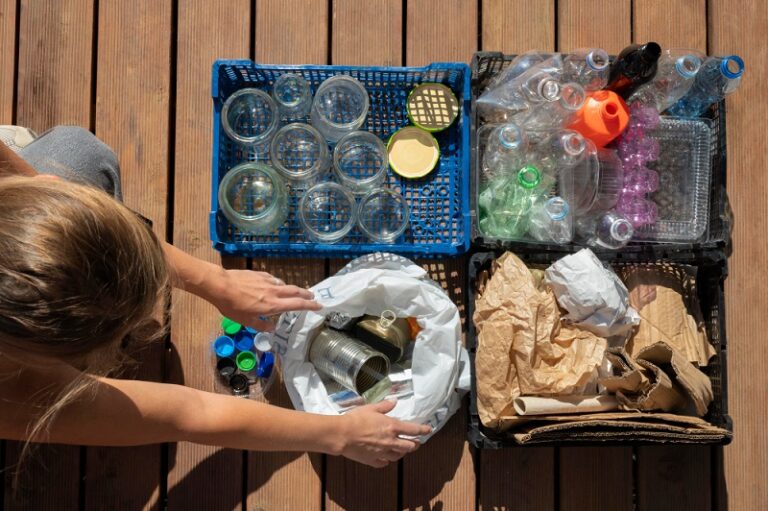As sustainability becomes increasingly vital in our global efforts to combat climate change, the food industry is not left behind in embracing greener practices. One crucial area where businesses can make a significant impact is through their packaging choices. Eco-friendly packaging options are not only beneficial for the environment but also align with growing consumer preferences for sustainable products. Here’s a look at some of the top eco-friendly packaging options that can help your food business operate more sustainably.
1. Recycled and Recyclable Materials
Recycling is a cornerstone of waste reduction, and using recycled materials for packaging is an effective way to close the loop in the product lifecycle. Packaging made from recycled paper, cardboard, and even recycled plastics can help reduce the need for virgin materials, conserving resources and reducing waste. Additionally, recyclable packaging materials like certain types of glass, metal, and paper can be collected and processed to create new products. Encouraging customers to recycle packaging after use and providing clear recycling instructions can further enhance the sustainability of your business. KP Films sustainable packaging options, which include materials designed to minimize environmental impact, are a prime example of how the industry is innovating to support greener business practices.
2. Reusable Packaging Solutions
Reusable packaging solutions are an excellent way to cut down on single-use waste. Products such as glass jars, metal tins, and durable containers can be used multiple times, which helps reduce the need for constant repurchasing and disposal of packaging. Implementing a reusable packaging system often involves offering incentives for customers to return containers or participating in a container deposit scheme. This approach not only helps the environment but also fosters customer loyalty by promoting a culture of sustainability.
3. Minimalist Packaging
Another effective strategy for eco-friendly packaging is to adopt a minimalist approach. Businesses can decrease waste and resource consumption by reducing the amount of packaging material used. Minimalist packaging involves designing packages that use fewer materials or opting for packaging that is efficiently sized to fit the product without excess. This approach not only benefits the environment but can also reduce shipping costs and storage space.
4. Plant-Based Inks and Dyes
For those concerned about the environmental impact of packaging beyond its physical components, switching to plant-based inks and dyes can be an effective solution. Traditional inks and dyes often contain harmful chemicals and solvents that can contribute to pollution. Plant-based alternatives, made from natural sources like soybeans and vegetables, are less toxic and can help reduce the environmental footprint of your packaging. These inks and dyes are available for use on various packaging materials, including paper and cardboard.
5. Eco-Friendly Labeling
Finally, adopting eco-friendly labeling practices can enhance your packaging’s sustainability. Use labels made from recycled paper or other sustainable materials, and opt for water-based adhesives to reduce environmental impact. Clear and informative labeling about the eco-friendliness of your packaging can also educate consumers and reinforce your commitment to sustainability.
Conclusion
Transitioning to eco-friendly packaging options is a crucial step for any food business aiming to operate more sustainably. Businesses can significantly reduce their environmental impact by using recycled and recyclable packaging, incorporating reusable solutions, adopting minimalist designs, and utilizing plant-based inks. Additionally, transparent and informative labeling about your eco-friendly practices can help build a positive brand image and connect with increasingly eco-conscious consumers. Embracing these green packaging solutions not only contributes to a healthier planet but also demonstrates your commitment to a more sustainable future.




